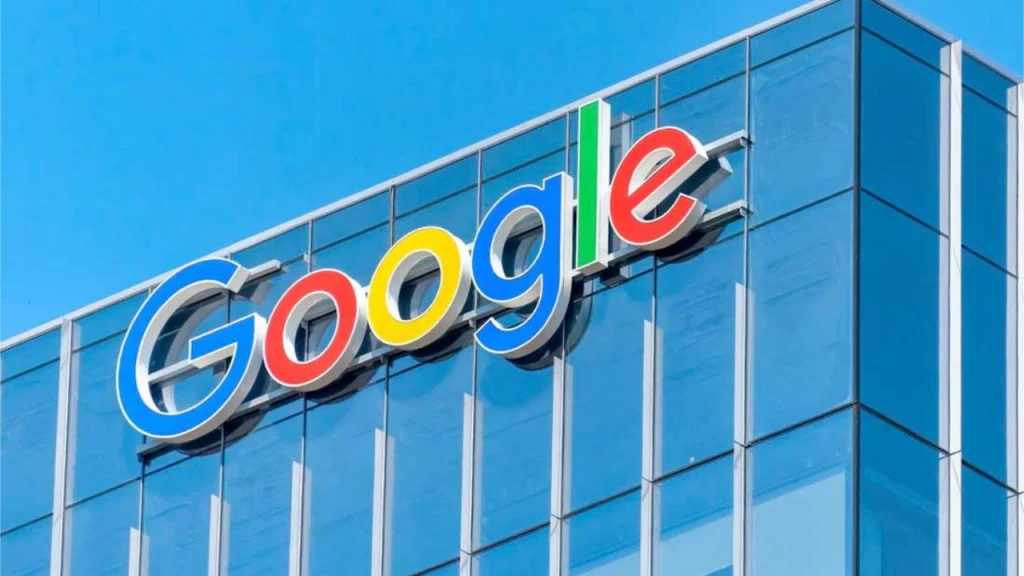- Google will follow the EU’s AI code to meet requirements under the Artificial Intelligence Act.
- Google warns that strict rules may slow Europe’s AI innovation and competitiveness.
What happened: Google commits to EU AI code amid industry mixed reactions
Alphabet’s Google has said it will sign the European Union’s voluntary code of practice. The code helps companies comply with the bloc’s new Artificial Intelligence Act (AI Act). Kent Walker, Google’s president of global affairs and chief legal officer, announced the decision in a blog post on 30 July 2025.
Thirteen independent experts created the code. It guides companies to provide summaries of the data used to train AI models and to respect EU copyright laws. Google supports the code but also raised concerns about its impact on AI development in Europe.
Microsoft is also expected to sign the code, according to its president Brad Smith. Meta Platforms declined to join, citing legal uncertainties for AI developers.
Also read: UK’s CMA targets Apple, Google mobile dominance
Also read: Cash App adds group payments with Apple and Google Pay
Why it’s important
The EU’s AI Act aims to regulate AI while protecting privacy, transparency, and user rights. Google hopes signing the code will help European users and businesses access secure, high-quality AI tools.
However, Google worries that some rules—such as strict copyright enforcement, slow approval processes, or risks to trade secrets—could hold back AI progress. This might reduce Europe’s edge compared to US and Chinese tech leaders.
The adoption of this voluntary code will test how well regulation and innovation can work together in AI’s fast-changing landscape.

